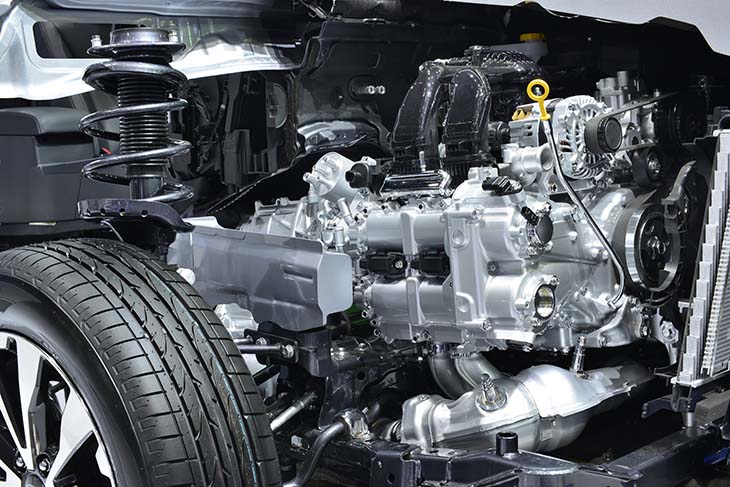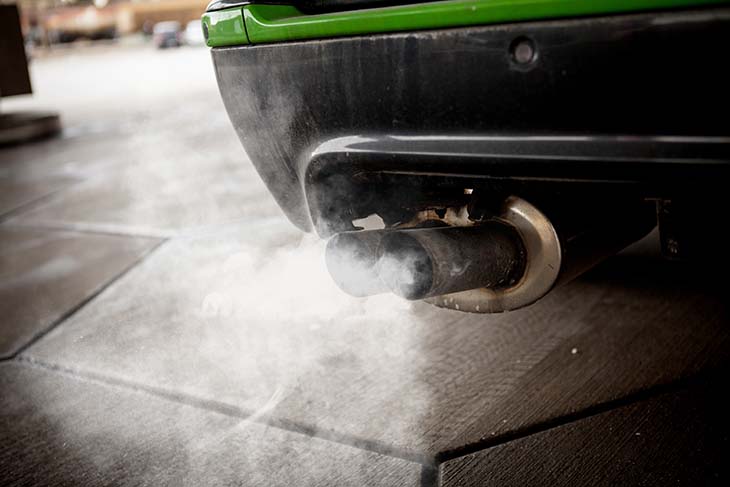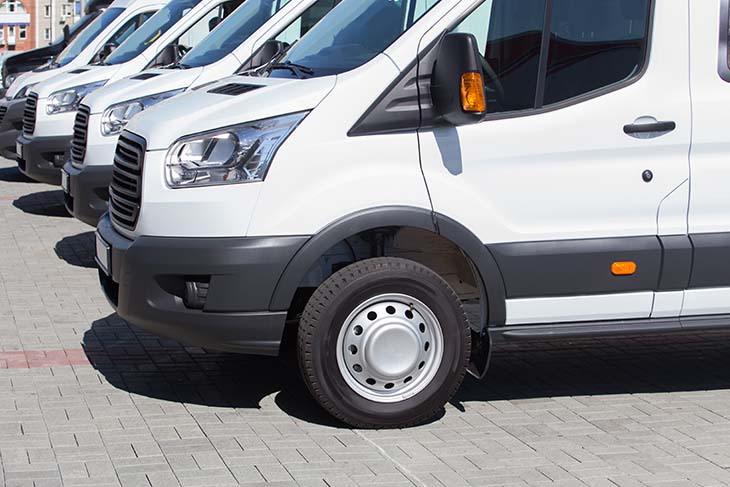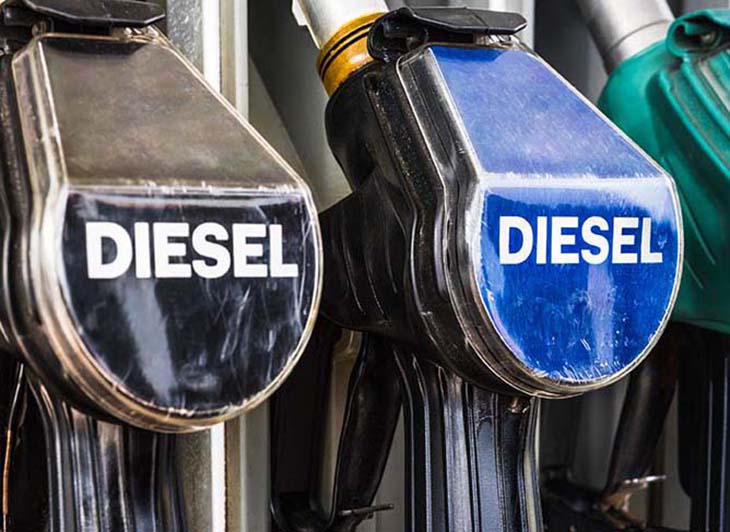For a long time, diesel cars were the economical choice. Compared to petrol engines, diesel powered cars had much better fuel economy with some engines able to get up to 20% more miles from a full tank. And while the engines were generally a little noisier, it was the fuel of choice for many, especially those in the commercial vehicle industry.
But in recent years, diesel’s reputation has plummeted. The Volkswagen emissions scandal made all the headlines, and a greater consciousness of environmental issues means the idea of diesel engines has become a difficult subject.
Today’s car engines are more efficient than ever before. So is it really a bad thing to choose a diesel car in this day and age? Or should we be immediately making the switch to petrol?
A Brief History of Diesel Engines

The first diesel engine was created in 1897 by a German inventor and mechanical engineer named Rudolf Diesel. After battling for a patent for many years and developing a variety of prototypes with mixed success, the first engine was finally working. The first company to take advantage of this technology was MAN, the German engineering company. They started off being used in diesel-powered ships in 1903 and the first submarine to use the tech arrived a year later.
In 1908, Diesel’s patent expired, meaning companies around the world could take advantage of his designs. Soon, many vehicles began using diesel engines, including trucks and more types of ships. It wasn’t until 1929 that the first passenger car took advantage of this type of engine.
Why Did Diesel Become So Popular?
The big reason behind diesel’s popularity was the fuel economy. Not only did you used to get more miles per gallon using diesel fuel over regular petrol like unleaded, but because the fuel itself was cruder, less refined, it was also less expensive.
Diesel engines also tend to be a bit more powerful, with the engines needing less revving to get the acceleration up. Add to that the impressive towing power, and it’s easy to see the appeal.
What Changed?

It used to be that diesel was seen as the better alternative to petrol and was promoted as such by companies and governments. Not only that, it was also seen as ‘cleaner’, and a way for you to reduce your carbon footprint and be more environmentally responsible. The fuel efficiency of diesel engines reached its peak popularity in the 1990s and early 2000s, and the UK Government even cut fuel duty on diesel cars in 2001 to try and encourage people to switch.
But this wasn’t the case. In the 2000s, reports by agencies like the World Health Organisation and European Environment Agency revealed that diesel fumes were not as clean as they had been advertised, with increased cases of asthma, respiratory problems and even cancer being linked to diesel. And then the emissions scandal came along.
Dieselgate
The news that Volkswagen, one of the biggest car companies in the world, had been cheating emissions tests to make their diesel engines seem cleaner was a huge scandal. The huge fines and hit in share prices made major news across the globe. But it wasn’t just Volkswagen. Other car companies quietly changed their own practices and paid huge fines to avoid their reputation being ruined in the public eye.
Governments across the world reacted angrily, with many claiming they had been misled by the car companies over just how clean diesel was. Now diesel cars are firmly under the spotlight, with certain engines being banned from city centres across the globe. In London, the Ultra-Low Emission Zone was created in part to tackle the number of heavily polluting diesel cars and commercial vehicles in the city centre, with larger trucks and lorries facing charges of £100 a day to enter the city centre. More widespread bans are already being planned in cities across the country and the globe. Talks of diesel tax are also not going away any time soon.
But not all diesel cars are bad.
Diesel Cars That Pass the Emissions Test
There are a range of diesel engines that meet the standards set by the EU. Classified as Euro 6, these engines have the benefit of diesel’s fuel economy without the heavy pollutants that have damaged their reputation.
All diesel cars registered since September 2015 should have been required to meet the Euro 6 standards. While you may want to be more careful when going for a Volkswagen, other diesel cars are an attractive option. For example, the recent Mercedes A Class not only passes the current standards, but is set to meet future changes that means it will be allowed in low emission zones and avoid increased taxes.
Is Diesel Becoming Obsolete?

While its reputation may have suffered a significant setback, diesel still has its uses. If you have a high mileage or drive a commercial vehicle, then the fuel economy is still worth investing in. The lack of demand also means that prices are likely to drop and continue to do so, as less savvy drivers turn away from diesel’s bad reputation.
One thing to be aware of is the potential of future charges and prohibitions being put in place targeted particularly at diesel engines. You may also lose a lot of value of the car as depreciation will hit them harder.
Choose a car that hits the Euro 6 standard and you will find yourself protected. But the tide is turning against diesel and petrol, so you should keep an eye on all the announcements from the government.
How Green is Your Car?
Check online the engine of the car you want to buy and see how it is rated. If it meets Euro 6 standard then you should be fine for the next few years at least. Rules are changing, and its important to be aware of government prohibitions and incentives. One way to get around this is by going for a PCP car finance deal where you can return the car at the end of the finance agreement.
Find out more about Personal Contract Purchase and find a diesel car that meets the Euro 6 standard by applying online today.





 Facebook
Facebook Twitter
Twitter Instagram
Instagram LinkedIn
LinkedIn Youtube
Youtube